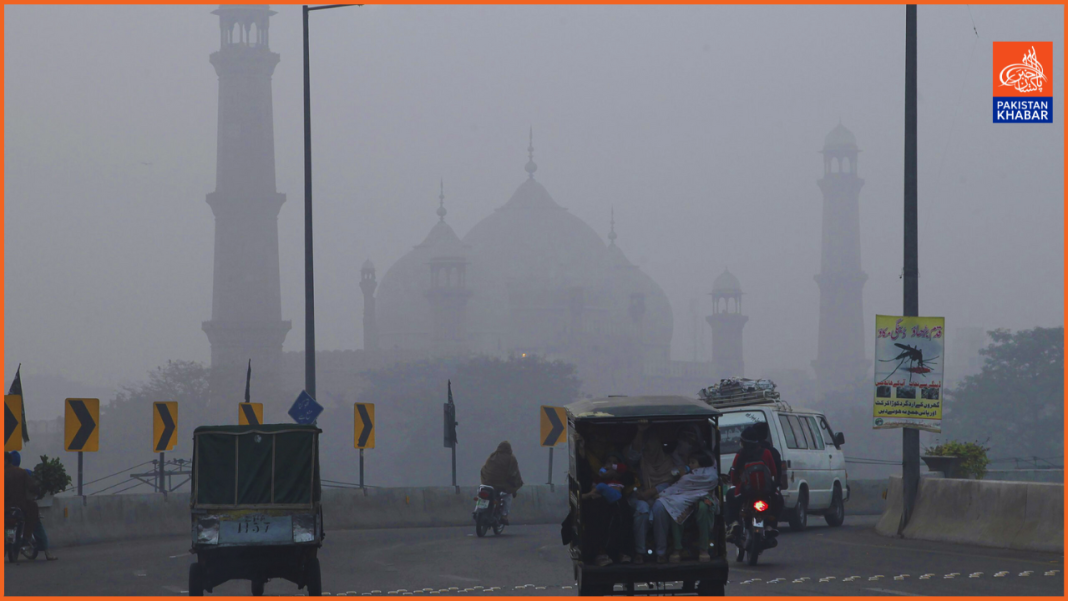Nearly two million people in Punjab sought medical treatment for respiratory issues and other diseases linked to severe smog over the past month, as record levels of air pollution continue to engulf the province. According to data from the Punjab health department, a total of 1.93 million cases were reported, with 126,230 cases recorded in Lahore alone. In just 24 hours, 68,917 cases were reported across the province, including 6,236 in Lahore. The average air quality index (AQI) in Lahore reached a hazardous 1,100 by Thursday evening.
Dense smog, caused by toxic pollutants, has severely impacted several cities, particularly Lahore and Multan, with the AQI in Multan crossing 2,000 on two occasions, setting new records for air pollution. The Pakistan Air Quality Initiative (PAQI) reported a 25% increase in PM2.5 pollution levels in 2024 compared to the previous year, further exacerbating health concerns. Exposure to these pollutants can lead to respiratory diseases, depression, and long-term health issues such as cancer and heart disease.
The health department’s data showed a significant rise in asthma, ischemic heart disease, stroke, and conjunctivitis cases, with many individuals opting for self-medication or visiting informal dispensaries. The government’s efforts to reduce pollution, including school closures and crackdowns on high-emission vehicles, have had limited impact.
WWF-Pakistan has urged the government to declare a national health emergency and take immediate action to curb pollution from high-emission vehicles, industrial sources, and construction activities. They also recommend long-term measures, including transitioning to cleaner fuel standards, promoting electric vehicles, and enhancing mass transit systems to improve air quality.




